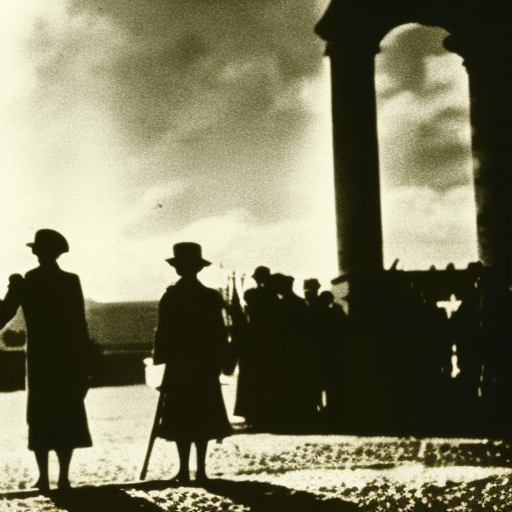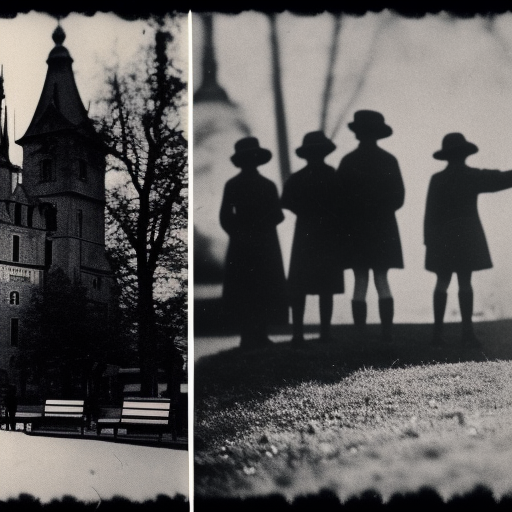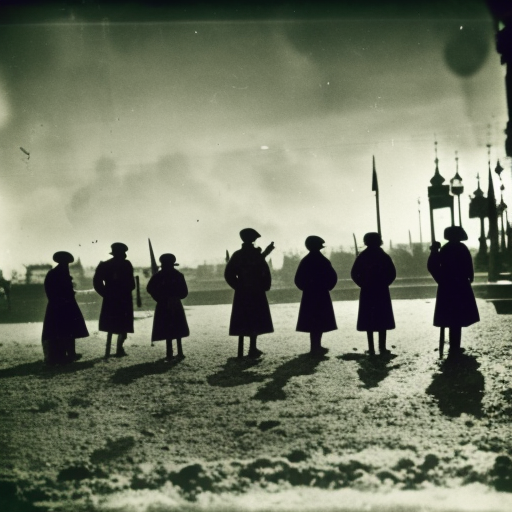The Treaty of Versailles (1919)
The Treaty of Versailles, signed on June 28, 1919, was a peace treaty that officially ended World War I. It was negotiated and drafted at the Palace of Versailles in France, hence its name. The treaty aimed to establish lasting peace and determine the terms of peace for the defeated Central Powers, particularly Germany.
Main Provisions
The treaty contained several key provisions that had significant implications for Germany and the rest of the world.
1. War Guilt and Reparations: The treaty placed full blame for the war on Germany and its allies, making them responsible for all the damage caused. As a result, Germany was required to pay reparations to the victorious Allies, amounting to a staggering 132 billion gold marks. This provision would later prove to be a major source of resentment and economic hardship for Germany.
2. Territorial Losses: Germany lost significant territories as a result of the treaty. It had to cede Alsace-Lorraine to France, Eupen-Malmedy to Belgium, and parts of West Prussia and Posen to Poland. Germany also lost all its overseas colonies, which were distributed among the Allies as mandates.
3. Disarmament: The treaty imposed severe restrictions on Germany’s military capabilities. The German army was limited to 100,000 men, and conscription was abolished. The navy was reduced to a small fleet, and Germany was prohibited from having an air force. The demilitarization of Germany aimed to prevent future aggression and maintain a balance of power in Europe.
4. League of Nations: The treaty established the League of Nations, an international organization aimed at maintaining peace and resolving disputes between nations. Germany was initially excluded from the League, but it was later admitted in 1926.
Impact and Legacy
The Treaty of Versailles had far-reaching consequences for Germany and the world.
1. Economic Hardship: The heavy reparations burden placed on Germany led to economic instability and hyperinflation in the 1920s. This economic crisis fueled social unrest and political instability, paving the way for the rise of extremist ideologies, such as Nazism.
2. Political Resentment: The treaty was deeply unpopular in Germany, as it was seen as a harsh and humiliating punishment. Many Germans felt betrayed by their government for accepting such unfavorable terms. This resentment would later contribute to the rise of Adolf Hitler and the Nazi Party.
3. Weakened International Order: The treaty’s failure to address the underlying causes of the war and its punitive nature sowed the seeds for future conflicts. The harsh treatment of Germany and the redrawing of borders in Eastern Europe created unresolved tensions that would eventually lead to World War II.
4. Lessons Learned: The Treaty of Versailles served as a lesson for future peace negotiations. It highlighted the importance of addressing the root causes of conflicts, ensuring a fair and balanced settlement, and considering the long-term consequences of punitive measures.
In conclusion, the Treaty of Versailles was a pivotal moment in history that sought to establish peace after World War I. However, its provisions, particularly the harsh treatment of Germany, had significant and unintended consequences. The economic hardship, political resentment, and weakened international order that followed would shape the course of history in the years to come. The treaty serves as a reminder of the complexities and challenges involved in achieving lasting peace.












